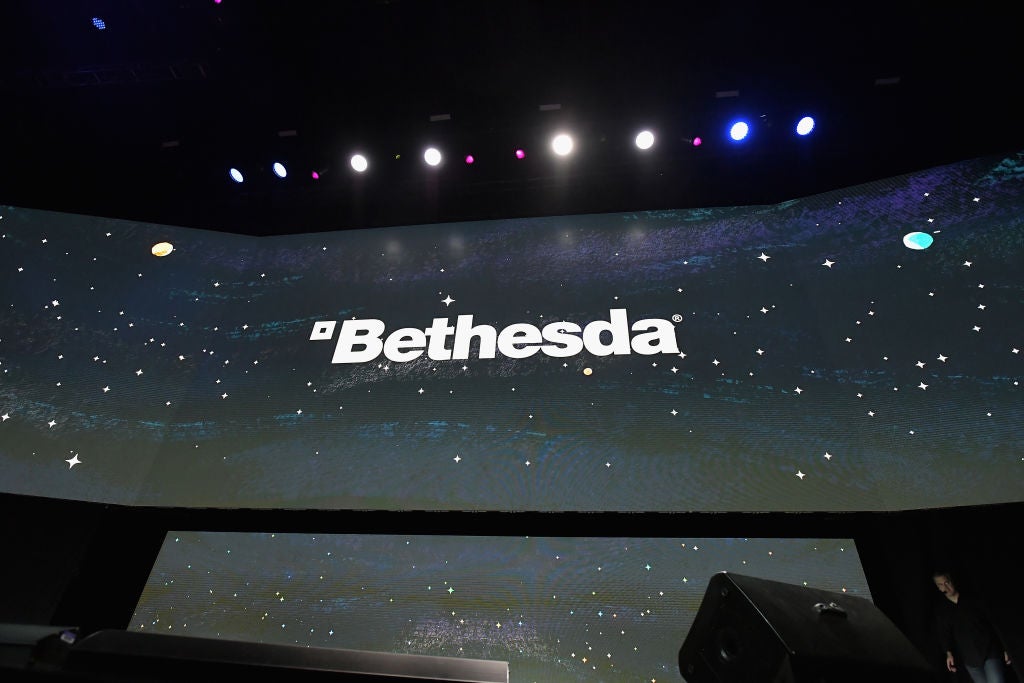Trends come and go in the video game industry, and the next big thing in gaming will be immersive storytelling, powered by technological advancements and changing consumer patterns.
2023’s best-selling videogame so far has been Nintendo’s The Legend of Zelda: Tears of the Kingdom, which heavily relies on storytelling. Acclaimed by critics and adored by fans, the popular Japanese franchise decided to build on the success of its 2017 predecessor and doubled down on expansive open-world exploration filled with unique characters and storylines.
Why videogames are shifting to storytelling
On the opposite end of the spectrum, we find examples of gaming studios misjudging the latest trends. Creative Assembly, one of the UK’s largest game developer studios, recently cancelled the production of its supposedly genre-breaking multiplayer first-person shooter videogame, Hyenas. Although there is no reliable information about the exact sum that has gone down the drain, it was rumoured to be the highest-budget project by SEGA, the studio’s parent company.
Nintendo’s success and SEGA’s failure highlight the importance of recognizing trends within video games. The former developed a game suited to present customer demand, while the latter did not foresee the wave of first-person shooter titles that came to dominate the industry in the late 2010s and acted too slow to meaningfully capitalize on it.
With the advent of cutting-edge artificial intelligence (AI), game developers have more tools at their disposal than ever to offer their player bases a truly immersive digital environment. These technological advances, coupled with other long-term trends such as customers’ growing appetite for deep, intimate gaming experiences will ensure that products prioritizing storytelling will benefit from the next chapter in the video game industry.
Gaming and the demand for stories
When prompted to give examples of trends in the gaming industry, many GlobalData analysts point toward the rise of mobile gaming or the increased presence of microtransactions (a revenue generation model that allows gamers to purchase virtual items with very small payments). However, a quick look at the best-selling games of the last two decades allows keen-eyed observers to draw another conclusion.
How well do you really know your competitors?
Access the most comprehensive Company Profiles on the market, powered by GlobalData. Save hours of research. Gain competitive edge.

Thank you!
Your download email will arrive shortly
Not ready to buy yet? Download a free sample
We are confident about the unique quality of our Company Profiles. However, we want you to make the most beneficial decision for your business, so we offer a free sample that you can download by submitting the below form
By GlobalDataIn addition to established heavyweight franchises like Call of Duty and FIFA, the list includes Ubisoft’s Assassin’s Creed Valhalla, Rockstar’s Red Dead Redemption 2, and CD Projekt’s Cyberpunk 2077, titles that combine strong storylines with open-world exploration. In these examples, players can spend 30–50 hours just finishing the main story, and spend the same time again completing various side quests and secondary missions.
Even more telling is the cult status that some of these games achieve. There is no better illustration of an underground project quickly gaining traction than Disco Elysium, an award-winning title developed by ZA/UM. A collaboration between an Estonian writer, a Russian painter, and a few wealthy patrons, Disco Elysium took the world by storm as it asked players to take the role of a disillusioned, amnesiac police officer trying to crack his hardest case yet.
Threading the needle between entertainment and art, the developers created a ground-breaking gaming environment in which players had access to a wide array of dialogue options and could mould their character in whichever way they preferred.
Since its debut, Disco Elysium has won numerous awards and boasts sales of more than 2.6 million copies. In the era of ever-increasing monopolisation in the industry, a trend underlined by Microsoft’s recent acquisition of Activision, their success provides a blueprint for other independent studios to follow.
AI to the rescue
In addition to changing consumer trends, technology will also help usher in a new era of gaming. With the metaverse in a winter period and advancements in augmented reality (AR) and virtual reality (VR) stuttering, it is AI that will revolutionize gaming experiences.
Using AI, developers can create new content on the fly, making games more diverse and less boring. The technology can also improve the realism and intelligence of non-playable characters (NPCs), who often have limited and scripted interactions with players. By giving NPCs better conversational abilities and dynamic personalities, generative AI can make them more lifelike and interesting, increasing immersion and enjoyment.
There are already examples of how AI is used this way. As another article on Verdict reported earlier this year, in the game Left 4 Dead, the ‘AI Director’ will surprise the players with more zombies when they are relaxed, and also change the music and story hints to create more suspense. Likewise, games like Spelunky and Slay the Spire use generative AI to create different game levels each time. FIFA has also adopted AI and uses it to generate distinct identities for each virtual player.
The road forward
Studios, big and small alike, should take note of these developments. The door is open for modest-sized companies to deliver story-heavy intimate gaming experiences with relatively small budgets. Industry mammoths could harness their financial might to produce titles with unprecedented levels of world-building detail.
Regardless of financial incentives, both creators and consumers should welcome these winds of change. Demand for more in-depth games will lead to the production of more high-quality titles, which, in turn, will further cement the industry’s status as a legitimate art form, one that can capture various aspects of the human experience in meaningful ways.








Related Company Profiles
Microsoft Corp
Nintendo Co Ltd